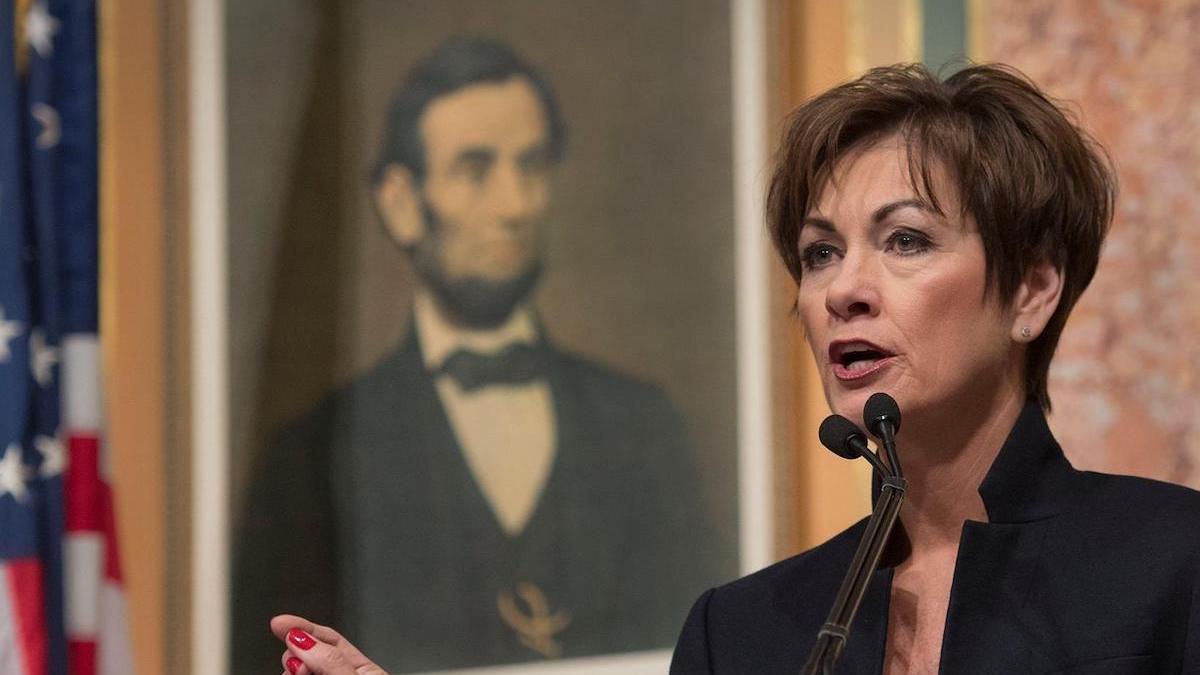Gov. Kim Reynolds | Facebook
Gov. Kim Reynolds | Facebook
Gov. Kim Reynolds recently extended the order to shut down all restaurants.
The shutdown order is wreaking havoc on restaurant owners. That order includes bars and other hospitality businesses. The order was extended to April 30.
According to the Iowa Department of Health, Iowa hasn't reached its peak in confirmed cases. But the local economy is already feeling the negative impact.
Reports say that the hospitality industry has lost over $1 million since March 8. However, experts claim it will only get worse before it is all over.
Bureau Kevin Bourke, who is the President and CEO of the Ames Convention & Visitors Bureau says the hotels are suffering the most.
“Hotels are really suffering right now,” Bourke said, according to the Ames Tribune. “The (Ames) hotels themselves, combined, [are] down over a million dollars in revenue in just three weeks. So that type of influx into the economy is just exponential when it goes throughout the rest of the city.”
Bourke said the Visitors Bureau has felt the impact because they are funded by the hotel tax.
“This has an impact on us as a bureau because we are funded through hotel-motel tax, [and] the majority of our revenue is for the hotel-motel tax,” Bourke said. “We’ve got a lot of events that have been canceled and that is obviously making a big impact on what we’re doing."
Bourke said the real work will be to keep people visiting Ames after the crisis is over.
“That’s going to be the most impactful thing for us right now is just keep our visitors coming to Ames, once this pandemic is over,” Bourke said.
Peter Orazem, an economist at Iowa State University, said that the unemployment rate for Iowa in February was at 2.8% and said the rate has increased in the last month.
“The unemployment rate in Iowa in February is 2.8%, so that means the unemployment rate today is probably roughly 9%, which would be the highest we’ve seen in some time,” Orazem said. “For perspective, that’s higher than Iowa’s unemployment rate during the last recession."





 Alerts Sign-up
Alerts Sign-up